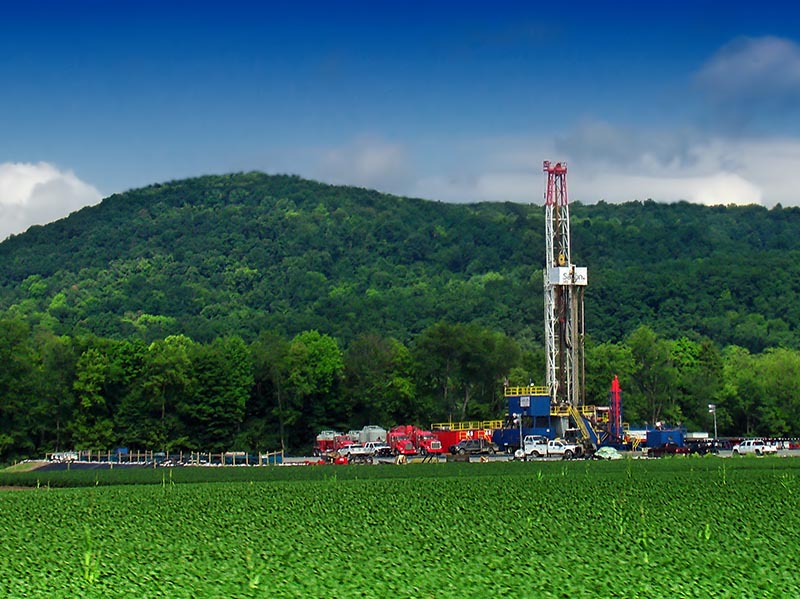A recent oil industry research report from the analysts at Bernstein highlights the possibility that some of the optimistic assumptions about the future of the shale business may prove wrong. If correct, the report means that the current shale production boom may face an impending peak, and producers will need a dramatically stepped-up drilling effort to try to offset the rapid production declines of these wells. That will also mean higher oil and gas prices.
Despite new shale wells being much more productive (as measured by initial flow rates) than wells drilled as recently as two years ago, initial well volumes are still subject to rapid decline rates during their first two years of production. Greater well productivity overall has kept producers drilling shale wells, and the higher initial production levels have helped sustain U.S. oil output at a higher level than expected following the OPEC-led oil price drop in late 2014 and subsequent collapse in drilling.
Bernstein’s research suggests that technological improvements in drilling (longer laterals) and large frack jobs (more sand and intervals) have not extended the economic lives of wells. Thus, Bernstein sees fewer sweet spots in shale formations and they will be drilled up sooner, forcing the industry to seek less productive and more expensive new producing supplies.
It is not clear whether this thesis is unique to particular shale basins or universal. We also have no clear timeline for when the peak might be reached. However, the industry’s recent decision to end drilling efforts in the Barnett Shale formation in Fort Worth, Texas, means that economics have become a greater factor in oil and gas company corporate strategies.
If the Bernstein thesis proves correct, we may be looking at a time in the near future when oil companies will begin casting their eyes around for new exploration opportunities. Given the significant offshore oil and gas resources yet to be developed, the prospect of shale output forcing higher costs on the industry may make offshore a much more attractive drilling opportunity. We don't know when this time will come, but it may be closer than previously anticipated.




